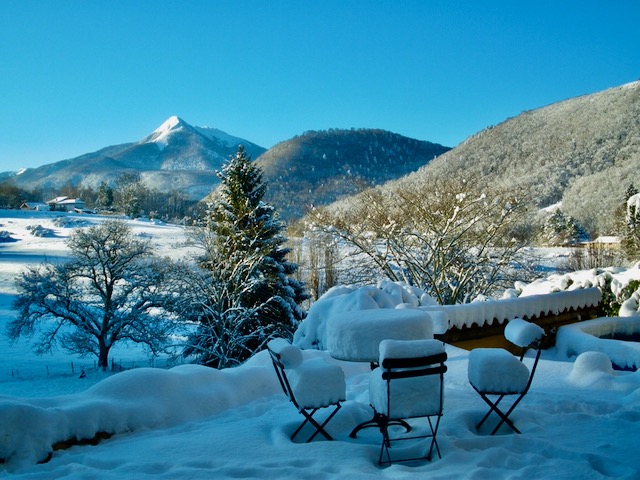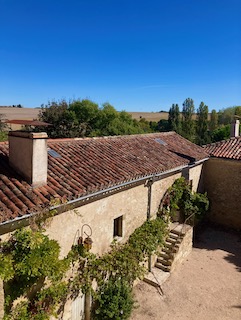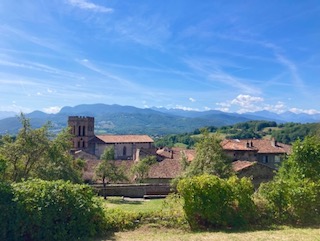
Global Situation
I think we can probably agree that the news is not overly positive anywhere right now; the war in Ukraine, the threat of a global recession, the energy crisis, and inflation, in turn leading to a large hike in the cost of living, all underpinned by the supressed panic most of us feel about climate change. It is a lot. And it looks likely that the next few months will continue to be turbulent on the political and social front. Hence, I am getting a lot of questions right now about if and how this is being reflected in the French property market and whether it is a good time to buy a French house.
Impact on French Property
There is no doubt that all of this impacts the property market in some way. Firstly, banks have raised mortgage rates as interest rates have risen. In addition, they have tightened their lending criteria making it harder to get mortgages. Property prices have also been on an upward trajectory for a long-time, meaning that French property is no longer cheap and, in some regions, even unaffordable. Demand for houses has also been high since Covid, particularly for country properties which means that there are very few good houses for sale right now. The continuing uncertainty in the world also means that many potential sellers are deciding to stay put and, I imagine, some buyers will also delay plans to move. In addition, buyers’ requirements and priorities have changed since Covid, again putting pressure on supply. Finally, but importantly, the growing awareness of the impacts of climate change (drought, heatwaves, wildfires etc) is beginning to change buyer behaviour.
Current situation of the French Property Market
You would assume that all of this would, in turn, have led to a calming of the French property market, with demand and prices levelling off. But this is not yet the case according to the Notaires de France latest index published in early September. Since the start of 2021, house prices in the countryside have increased +9.0% over one year in the second quarter. This increase in prices is now slowing but, according to the latest report by Meilleurs Agents, the French real estate market is still resisting and even recorded a slight increase in prices at the national level (+0.3 percent in one month) still with rural areas showing the greatest increase
Sales volumes follow the same trend with 1,157,000 transactions over 12 months, remaining at a very high level but starting to slow down after record sales in 2021. This increase has been driven by the desire for rural living since COVID and lockdowns.
Outlook for the French Property Market in 2023
In terms of the outlook for the French property market, although the latest Notaires de France figures show that volume of sales are still extremely high, the number of sales has fallen since last year and, although property prices continue to rise, the Notaires’ report warns of a slowdown in the market in the coming months, linked to inflation and the fact that “The supply of properties for sale is slowly dwindling, making it difficult to maintain such high [sales] volumes.”
Currency exchange also effects the market in terms of foreign buyers but whilst Sterling has fallen, so has the Euro which means affordability has not changed very much for British buyers. For Americans, on the other hand, the USD/Euro rate is now at parity, something we have not seen for 20 years, making French houses look very cheap so there is certainly a surge in Americans looking to buy property in France which is keeping the market buoyant.
Hence, despite all the current obvious impacts, the French property market, (thus far), remains busy and the outlook positive. While it looks likely that prices will increase more slowly next year, there is no indication that they will fall or that the market will stall.
Which is a very long way of saying that the French property market remains its usual stable, boring self which can only be a good thing. It seems that, whatever else is going on in the world, it is always a good time to buy a house in France.
If you need help with your property search, please get in touch: nadia@foothillsoffrance.com
Like this:
Like Loading...









You must be logged in to post a comment.